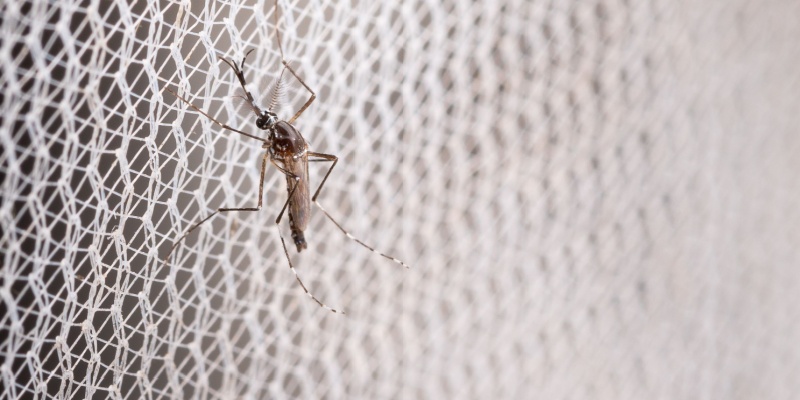While tackling a mosquito problem on your own can be challenging, there are several effective strategies you can implement to greatly reduce or even eliminate mosquitoes from your property. Here’s a comprehensive guide on how to address a mosquito issue by yourself:
Eliminate Breeding Sites
The most effective way to reduce the mosquito population is by eliminating their breeding grounds. Mosquitoes lay their eggs in standing water, so removing these water sources can prevent new mosquitoes from hatching.
- Inspect Regularly:
Walk around your property regularly to look for any areas where water has collected, such as flower pots, bird baths, old tires, and clogged gutters.
- Maintain Water Features:
For water features and swimming pools, ensure they are properly maintained. Use pumps in ponds to keep water moving and treat swimming pools with the appropriate chemicals.
- Cover Water Storage:
Water storage containers should be tightly covered or treated with larvicides to prevent mosquitoes from accessing them to lay eggs.
Use Appropriate Barriers and Repellents
Applying barriers and repellents can deter mosquitoes from lingering around your living spaces.
- Window and Door Screens:
Install and maintain screens on all windows and doors to prevent mosquitoes from entering your home.
- Personal Repellents:
Use EPA-registered insect repellents containing DEET, picaridin, or the oil of lemon eucalyptus when spending time outdoors.
- Clothing Choices:
Wear long sleeves and pants treated with permethrin, especially during dusk and dawn when mosquitoes are most active.
Landscaping and Natural Remedies
The way you manage your yard can influence mosquito populations.
- Trim Vegetation:
Keep bushes, trees, and grass trimmed to reduce the number of places mosquitoes can rest.
- Mosquito-Repellent Plants:
Incorporate plants that naturally repel mosquitoes, such as citronella, lavender, marigold, and catnip, into your garden.
- Proper Drainage:
Ensure that your yard has proper drainage to prevent water accumulation, which serves as a potential breeding ground.
Chemical Control
If natural methods are insufficient, you may consider using chemical repellents and insecticides as a last resort.
- Insecticide Sprays:
Use insecticides to treat areas where mosquitoes rest during the day, such as under patio furniture, in the carport, and around the perimeter of your home.
- Larvicides:
Apply larvicides to water sources that cannot be drained to kill mosquito larvae before they become adults.
Routine Monitoring and Adjustments
Regularly check the effectiveness of your strategies and be prepared to adapt your approach as needed. Monitor mosquito activity levels and make adjustments to your control methods if mosquitoes persist.
While these methods can be effective for managing and reducing mosquito populations on your property, in cases of severe infestation, it may be necessary to consult with professional pest control services. Professionals can offer more powerful solutions and targeted treatments, especially for pervasive or recurrent mosquito problems. By understanding and applying these techniques, you can enjoy your outdoor spaces with fewer interruptions from these pesky pests.

